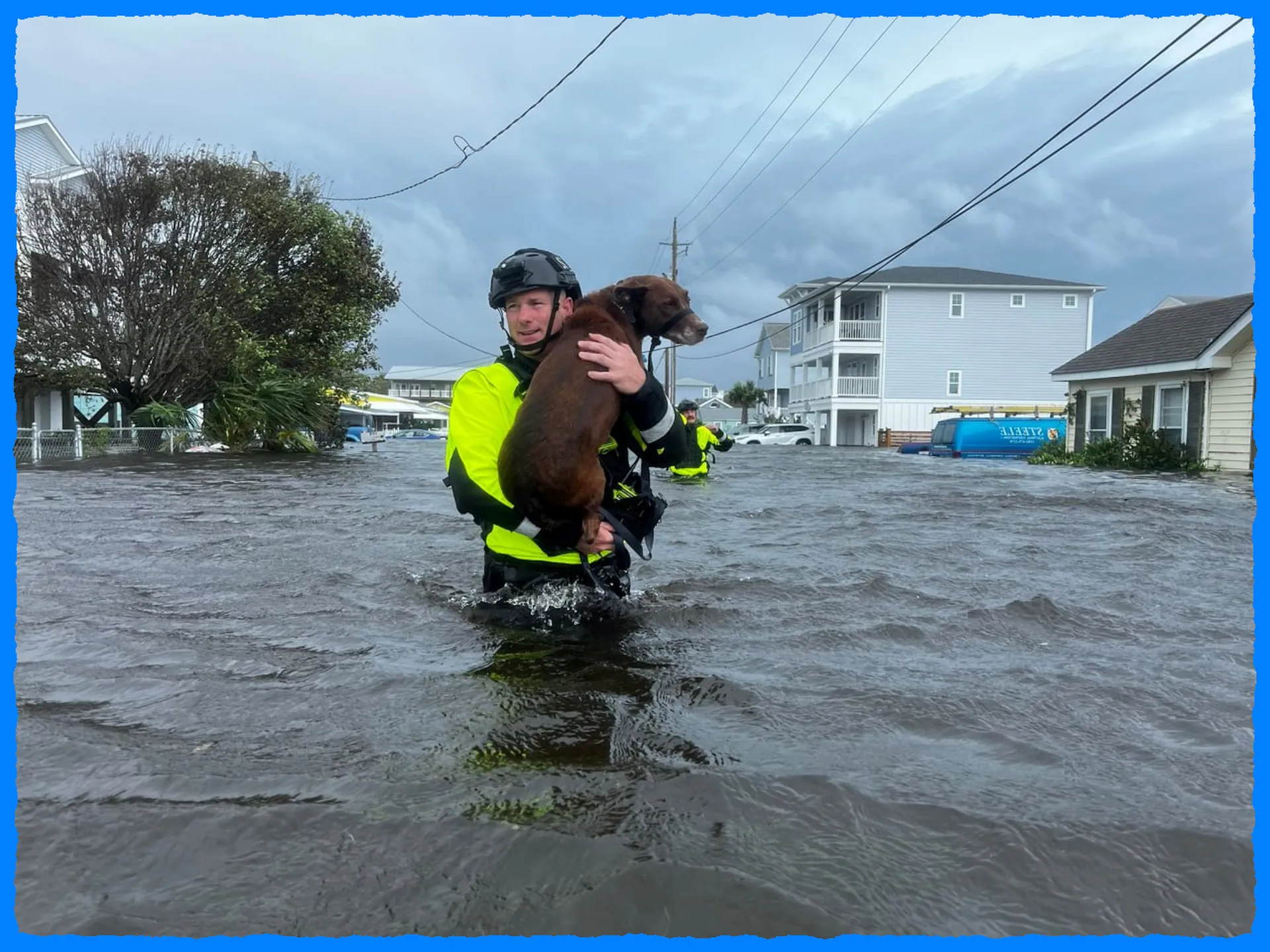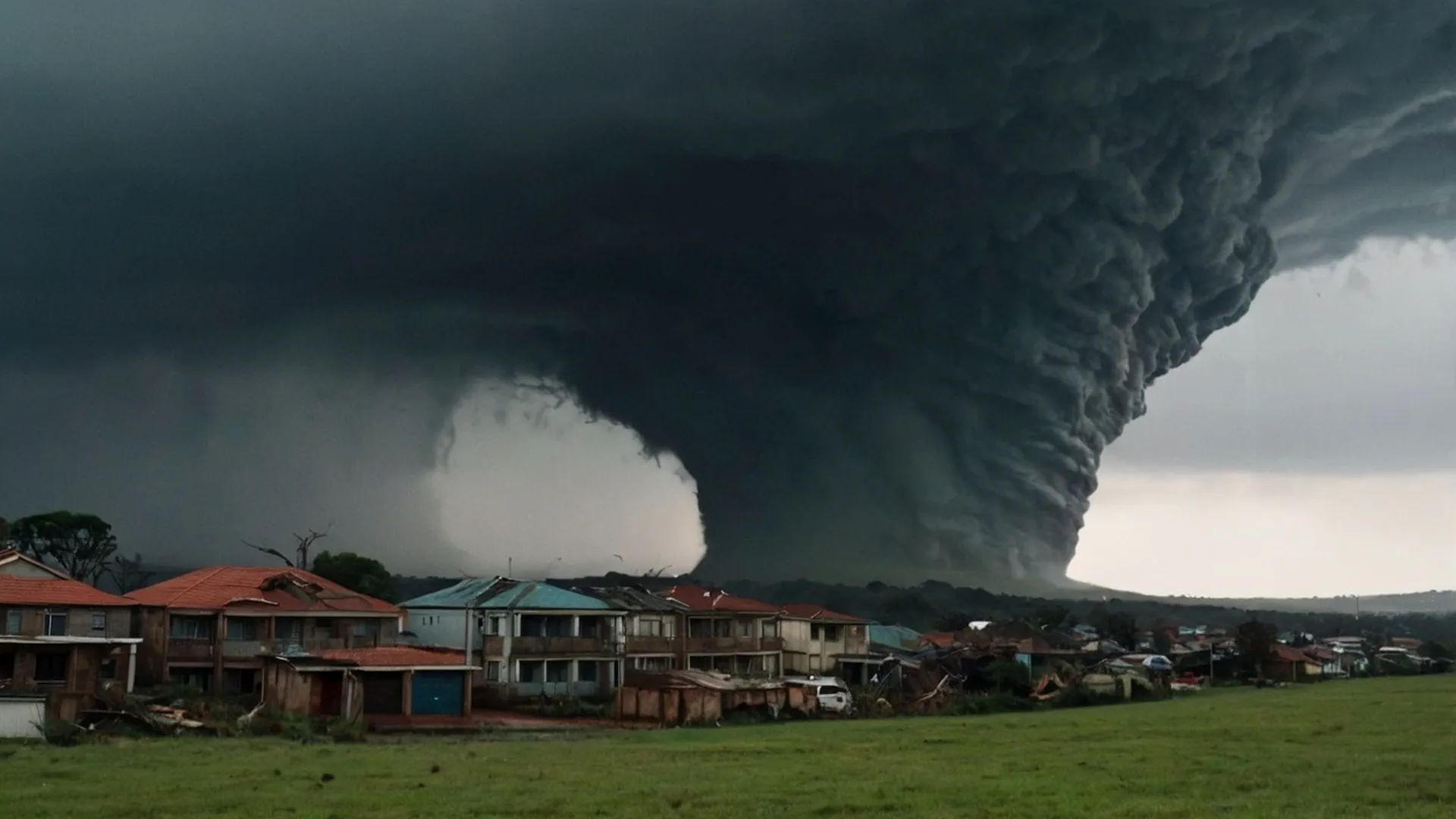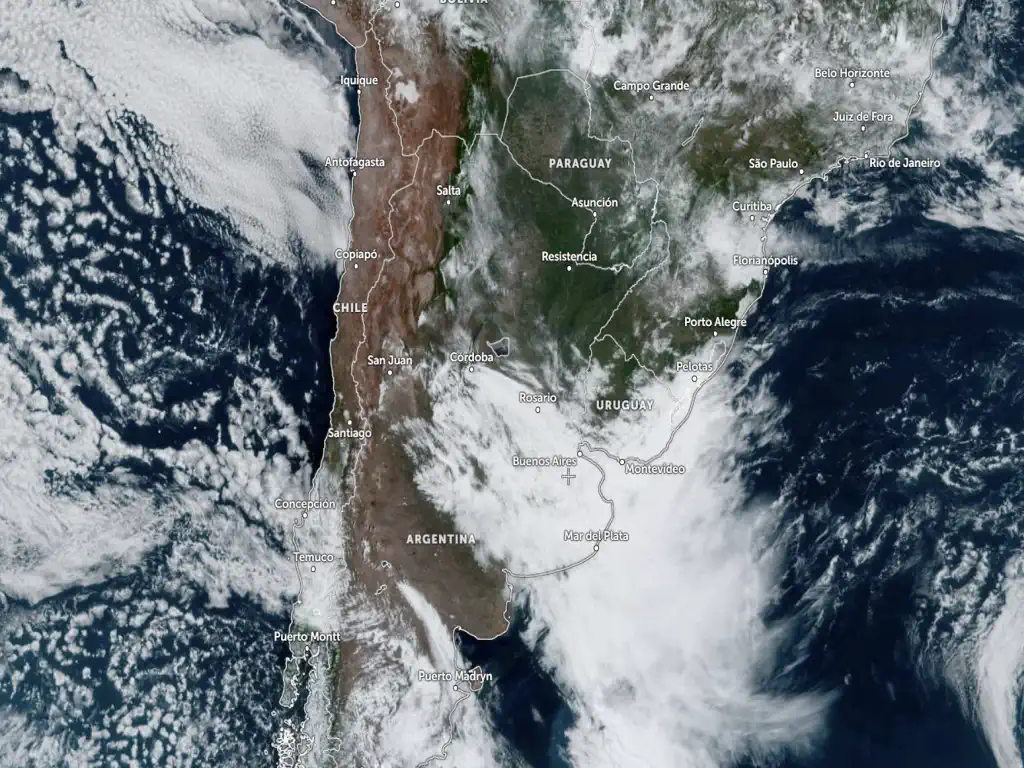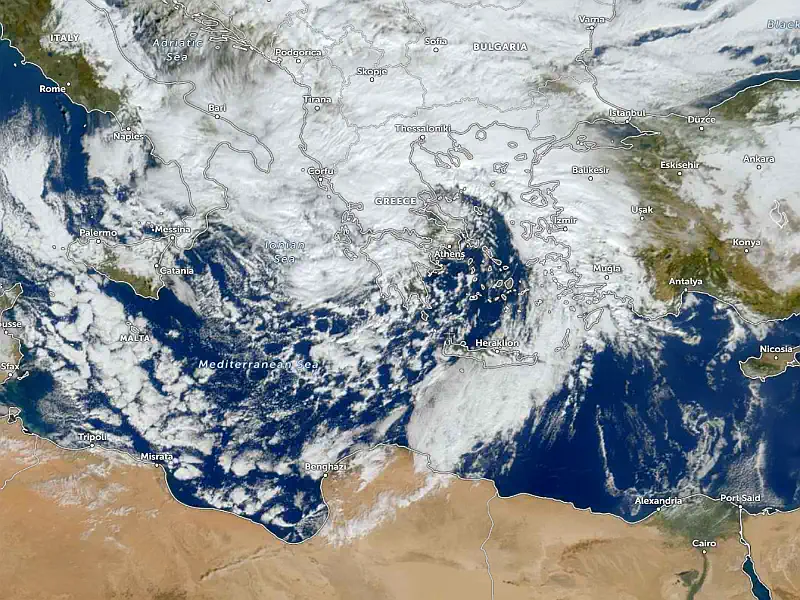
Potential Tropical Cyclone Eight Becomes Rainmaker, Pummels North Carolina with Historic Downpour
A powerful coastal storm, unofficially dubbed Potential Tropical Cyclone Eight, drenched North Carolina with a record-breaking deluge on Monday, September 16th. The relentless downpour, exceeding a year's worth of rain in some areas in just 24 hours, triggered widespread flash floods, impassable roads, and numerous rescues. Several areas, including Carolina Beach and Southport, declared states of emergency as the storm unleashed its fury.
Storm surge flooding in Carolina Beach, North Carolina, USA, September 16, 2024.#storm #flood #Carolina #surge pic.twitter.com/iXQ1ZxveLW
— City Weather (@ukcityweather) September 17, 2024
Record Rainfall Wreaks Havoc
Carolina Beach bore the brunt of the storm's wrath, with a staggering 457 mm (18 inches) of rain reported. This historic rainfall caused rivers to overflow, streets to transform into raging torrents, and floodwaters to engulf homes and businesses. The National Weather Service (NWS) issued dire warnings, urging residents to stay indoors as floodwaters submerged roads under 3 feet of water.
Rescue Efforts Underway Amidst Rising Waters
Local authorities sprang into action, deploying high-clearance vehicles to navigate flooded streets and rescue stranded residents and tourists. Southport reported numerous rescues, with a local middle school serving as a temporary shelter. In Carolina Beach, Mayor Lynn Barbee provided updates on social media, urging residents to prioritize safety and avoid flooded roadways. A total of 102 people and 12 animals were successfully rescued from inundated areas in Carolina Beach.
Storm Weakens, But Lingering Threats Remain
While Potential Tropical Cyclone Eight is expected to weaken as it moves inland, the threat of flooding persists. The NWS warns of potential flash flooding, urban flooding, and coastal flooding impacting parts of the Carolinas. Residents are urged to remain vigilant and heed all local advisories. The storm's impact may extend beyond the Carolinas, with the possibility of flash flooding spreading into the Mid-Atlantic and Northeastern regions in the coming days.
Chief forecaster and ideologist of the weather forecast service Pogodnik. Co-author of scientific articles and specialized content for various online media.




